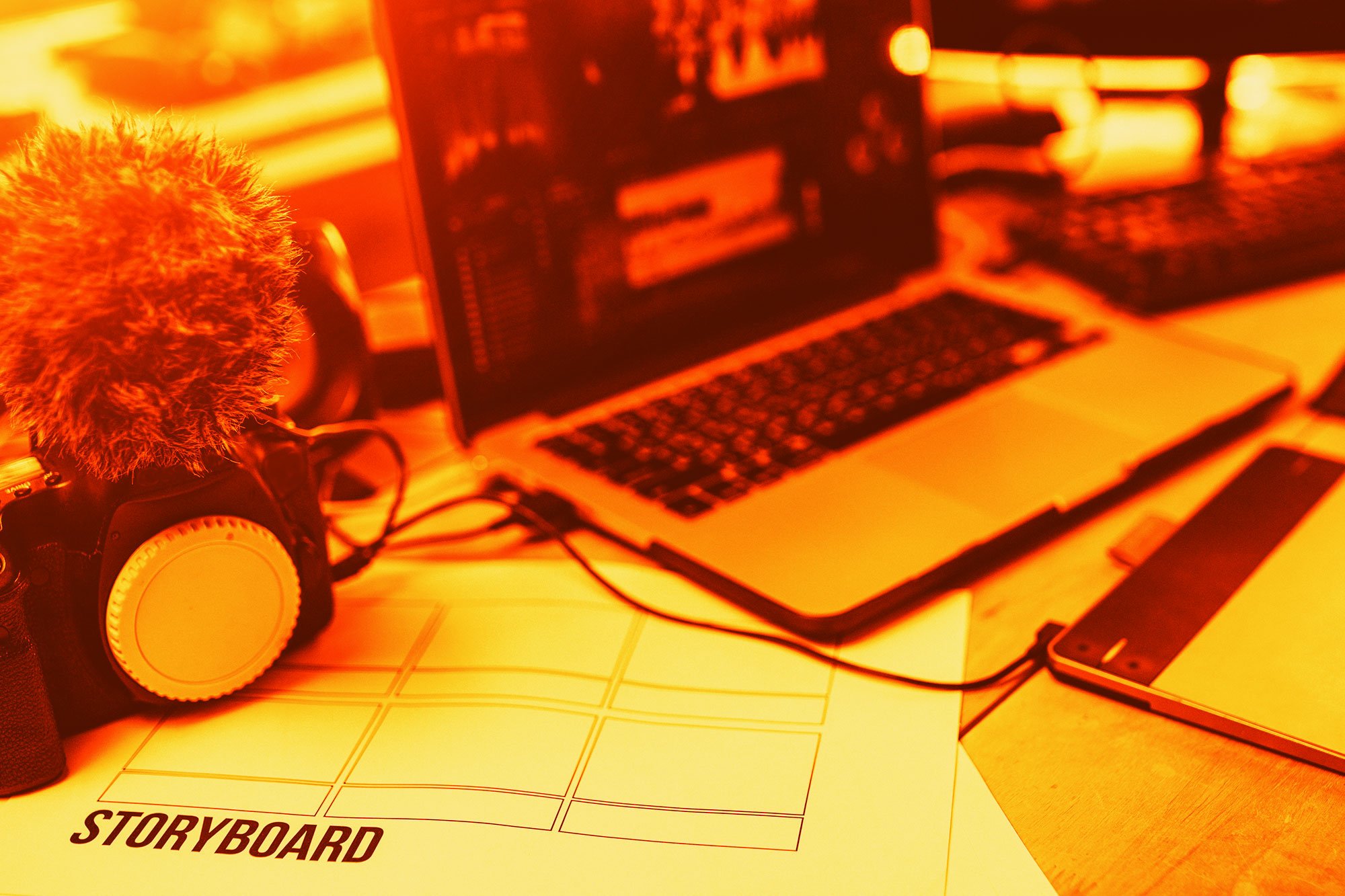There is scarcely an industry, employee or person on the planet that hasn’t been affected by technology. Like the industrial revolution before it, the technology revolution has blown open the doors for opportunities within both existing and new businesses.
Just look at the emergence of the Internet of Things (IoT). Who knew that the world would become so connected? Smart cities, smart homes and even smart streetlights. Lamplighters of the 19th century are today taking the form of computer technicians or asset managers without a flat cap in sight — individual street lights can be controlled, timed, managed with the click of a mouse.
In heavy industry, engineers still form the backbone of keeping machines on the go, but we could soon be entering a world that doesn’t breakdown as machine learning and data technologies provide firms with prediction capabilities that simply have never been explored before. Unexpected mechanical breakdowns could soon become a thing of the past and routine preventative maintenance will become normality.
Technology’s overall impact on business is simply unquantifiable and we are in line to become the smart citizens of tomorrow’s smart city, but how does a business stay smart enough to fit into the new environment in which it operates?
Looking at retail, Wi-Fi providers, app developers and online giants such as Amazon have all been at the forefront of the technology wave, to meet the needs of a modern-day consumer. Amazon appeared to realise that shopping on a simple internet database was far more appealing to many consumers than making countless trips to several different stores. Even now, physical retailers continue to play catch-up, offering mobile apps and click and collect, but which store can deliver me the first ever Now CD, an 18ft waterslide and a 1kg bag of cola cubes? It’s still likely Amazon…
However, as bewildering it might seem, shopping in a store is still a popular leisure activity and while to many the idea of spending a whole weekend traipsing from sale rail to fitting room might sound like a fun thing to do, even that experience could be on the verge of change as retailers fight to stop the high street and shopping centre footfall from declining. Some retailers are entertaining the idea of the store offering a showroom experience, where ordering online is the final purchase transaction, leaving the shopper with just a collection of online receipts to represent their spending spree.
While businesses change to meet the demands of their specific industry, they are also adapting to accommodate the needs of their workforce. In the office, fax machines, PCs and photocopiers, are almost extinct, replaced with email applications, laptops and smartphones – and if you believe the hype, integration with AI. But what will the smart office, smart city and smart home of the future actually look like? Perhaps the answer, at least for the office of the future, lies in what we’re already using. Just like typewriters and computers the size of the skyscrapers laid the foundations of today’s office, will emails and laptops lay the foundations of tomorrow’s?







